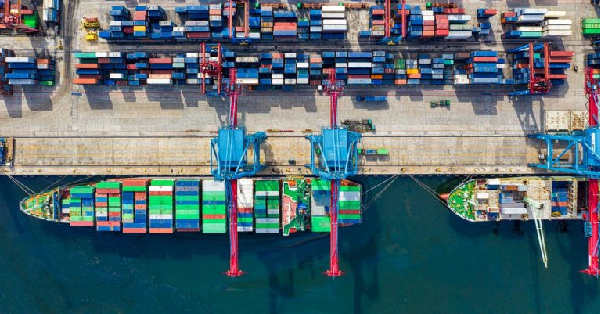The Zero-Emission Shipping Mission is proud to introduce Germany as the newest Support member of the Mission.
By joining the Mission, Germany acknowledges the importance of decarbonisation of the maritime sector and recognizes the Mission’s goals as a key lever in the pathway to net zero.
“As Executive Committee Chair of the Zero-Emission Shipping Mission, I am thrilled to see the continued and growing interest in decarbonization of shipping. The introduction of Germany as the newest member of our global partnership is yet another example that underlines the importance of the pathway that we are on. I am looking forward to a fruitful collaboration.” – Michael Berube, Deputy Assistant Secretary for Sustainable Transportation at the U.S. Department of Energy and Executive Committee Chair of the Zero-Emission Shipping Mission
“We are excited to join the Zero-Emission Shipping Mission. The Mission brings together a highly ambitious public and private sector alliance to make zero-emission shipping commercially viable by 2030. It focusses on the entire value chain and its three pillars: ships, fuels and infrastructure. As a Supporting Member, we will contribute to the demonstration of zero-emission vessels. We are also committed to the advancement of green hydrogen and the establishment of ‘Green Corridors’.” – Dieter Janecek, Federal Government Coordinator for the Maritime Industry at the German Federal Ministry for Economic Affairs and Climate Action
The Mission is co-led by Denmark (Ministry of Industry, Business and Financial Affairs, Ministry of Climate, Energy and Utilities and Ministry of Foreign Affairs), Norway (Ministry of Climate and Environment), The United States (U.S. Department of Energy) as well as Global Maritime Forum (representing the Getting to Zero Coalition), and Mærsk McKinney Møller Center for Zero Carbon Shipping.
Germany stands alongside other support mission members, Canada, European Commission, France, Ghana, Republic of Korea and Core Mission Members, Australia, India, Morocco, Singapore, and the United Kingdom.









































